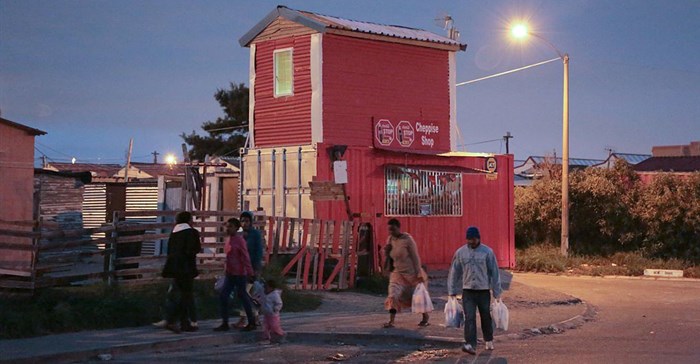
Related
Top stories






More news


Marketing & Media
Ads are coming to AI. Does that really have to be such a bad thing?














Many players in the market are still cash-based by choice, because cashless payment solutions do not suit them for a variety of reasons. Not everyone sees the value in a cash-free economy, and therein lies the greater risk.
The reality is that the main market retailers service upwards of 80% of the South African population, and if they go out of business or cannot operate effectively, the impact on the communities they serve would be dire.
There are other risks, such as lack of price control which could lead to spaza shops becoming too expensive for people in the communities. If these essential services close down, people in already underserved communities will need to travel further and spend more simply to get the basics.
Before we can even think of trying to move the main market into a cashless economy, there needs to be a serious drive toward ensuring access to technology. Without this, all the sophisticated systems and apps are meaningless. There also needs to be a focus on education, not only on how to use technology, but on other areas such as business, finance, entrepreneurship and more.
If the economy is to grow, there needs to be an increased contribution from multinational retail corporations that service the market to ensure that spaza shop owners and managers have the level of education required to become financially astute, grow their business, deliver sustainability and longevity.
Only once there is a level of understanding of the benefits of a formal banking system, will it be possible to drive forward with a more advanced payment system. With formal banking in place, this also lays the path for trade finance, which can be used to increase stock holding, stock diversity and business size.
Communities will have access to broader ranges of products, better product availability, and potentially the ability to leverage cost savings. The knock-on benefit of this is that it gives communities more things to buy, which stimulates the economy.
Taking cash out of the system should not be the end goal, because this is often not even a relevant conversation. Education is at the centre of helping people to understand banking, cash flow, finance and by extension things like insurance, medical aid, pensions, retirement funds, investments, life assurance and more.
The foundational layer of financial astuteness opens doors from both a socio-economic and self-development perspective. Educated retailers are the key to economic growth now and in the future.
As much as apps and cashless systems can be massively beneficial, throwing technology at the problem without first having the foundations of education in place is definitely a case of putting the cart before the horse.